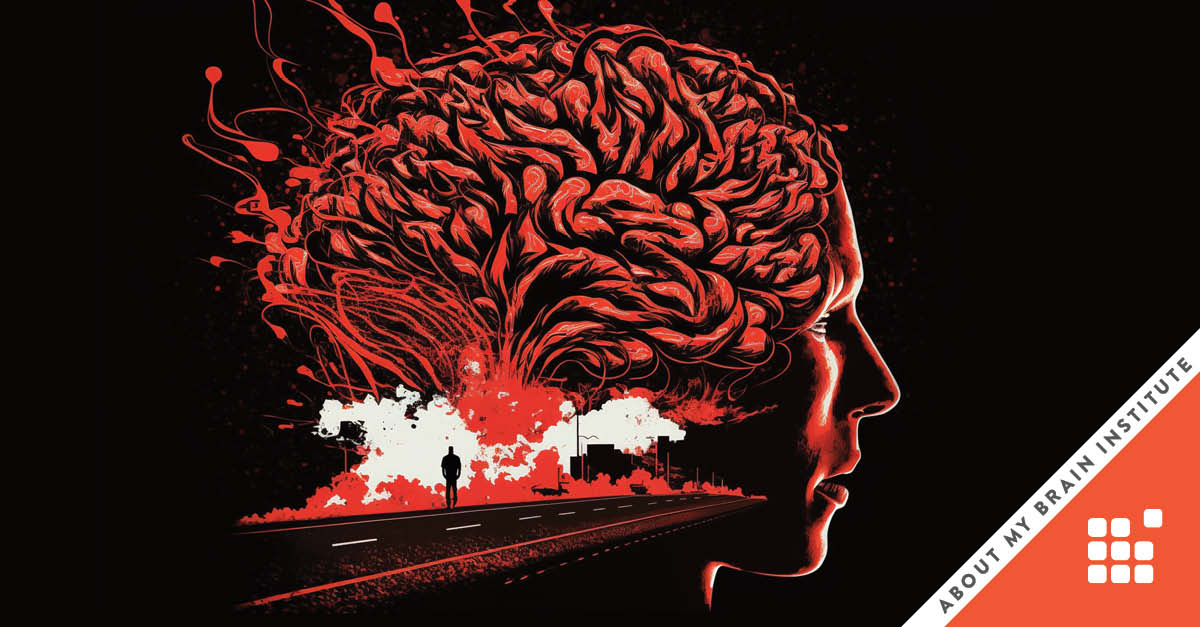Unlocking the Secrets of Memory
Attribute: Retentive

- Integration
- 3. Retentive
Categories of Memory
Memory is an integral aspect of our daily existence, weaving its threads through every facet of our lives. It is not just a tool for recalling critical information in professional settings, but also a treasure chest that holds our most precious and cherished moments with family and friends. The significance of memory extends far beyond the simple act of recollection; it shapes our identity, influences our decision-making processes and plays a crucial role in our learning and cognitive development.
- Short-term Memory (STM): It's where we store data for brief periods, typically for about 20 to 30 seconds. This type of memory is limited in capacity, usually able to hold about 7 ± 2 items or chunks of information at a time.
- Long-term Memory (LTM): LTM is the brain's system for storing, managing and retrieving information for extended periods, potentially for a lifetime.
- Sensory Memory: Sensory memory is the shortest-term element of memory. It's the ability to retain impressions of sensory information after the original stimuli have ended. Memory is influenced by a variety of factors. The efficiency and accuracy of our memory can be significantly affected by elements such as sleep, stress, nutrition and lifestyle choices.
Keep reading ↓
Keep reading ↓
Newsletter
Assess your Memory Abilities
To gain a better understanding of your memory, consider these self-reflective questions:
- What types of information do you find easiest or hardest to remember?
- Do you notice patterns in your ability to remember things at different times or under certain conditions?
- Are there memory-enhancing techniques or strategies you've tried in the past that worked well for you?
- How does your memory performance affect your daily life and work?
By pondering these questions, you can develop a clearer picture of your memory strengths and areas that may need improvement.
Keep reading ↓
Enhancing Memory
- Embrace active learning techniques: summarize what you've learned in your own words and create mnemonic devices or associations to help remember complex information.
- Prioritize Sleep and Stress Management: ensure you get adequate sleep, as sleep is essential for memory consolidation and manage stress through relaxation techniques and exercise.
- A Balanced Lifestyle for Memory Optimization: maintain a healthy diet rich in brain-boosting nutrients like omega-3 fatty acids and antioxidants.Stay mentally and socially active to stimulate your brain.
These steps can significantly enhance your energy and vitality. Remember, the journey is personal and takes time. By being aware of your energy levels and taking steps to improve them, you'll enhance your performance and well-being.

Explore the Items
Read each article!
Supporting content
Integration Articles
Check out the latest blogs to learn more about this topic!

Learning To Be Calm: The Neuroscience Behind Workplace Stress

Impulse Control In Leadership

How Energy & Vitality Enhance Your Performance
Bibliography
This article has been inspired by the following sources:
- Antunes, R., & Biala, G. (2012). The neurobiological bases of memory formation: From physiological conditions to psychopathology. Neurobiology of Learning and Memory, 97(4), 520-528. https://www.ncbi.nlm.nih.gov/pmc/articles/PMC4246028/
- About My Brain Institute. (2010). Strategies for enhancing memory in the workplace. Retrieved from https://www.aboutmybrain.com/blog/strategies-for-enhancing-memory-in-the-workplace
- About My Brain Institute. (2023). How your memory can make or break your performance. Retrieved from https://www.aboutmybrain.com/blog/how-your-memory-can-make-or-break-your-performance
- About My Brain Institute. (2010). Fear and memory. Retrieved from https://www.aboutmybrain.com/blog/fear-and-memory

